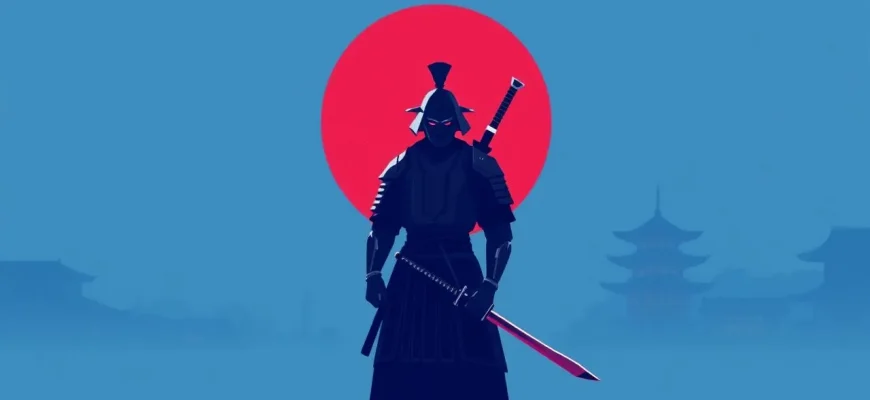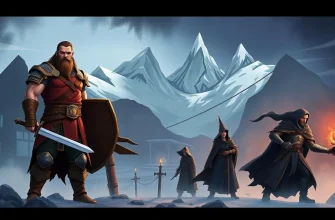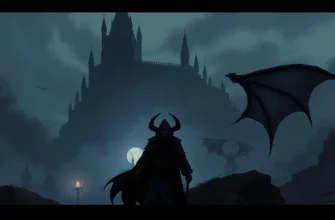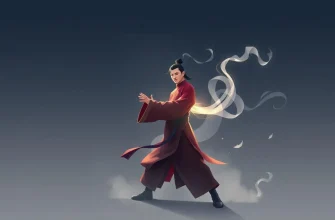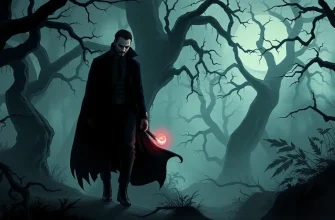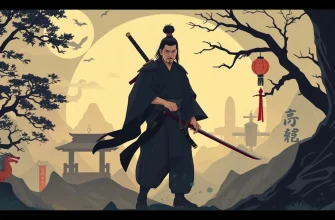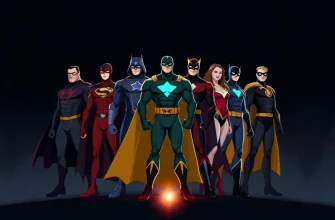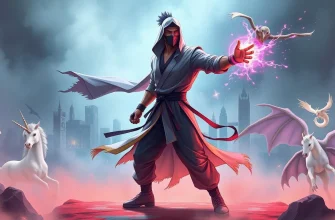Dive into the enchanting world where the honor of the samurai meets the magic of fantasy. This curated list of films combines the rich tradition of samurai culture with fantastical elements, offering viewers a unique blend of action, adventure, and mysticism. Whether you're a fan of epic battles, mythical creatures, or simply love the aesthetic of feudal Japan, these films will transport you to a realm where the sword meets sorcery.

The Hidden Fortress (1958)
Description: Akira Kurosawa's masterpiece, while not explicitly fantasy, has elements of adventure and comedy that give it a fantastical feel, especially with its influence on George Lucas's "Star Wars."
Fact: This film inspired the narrative structure of "Star Wars," particularly the journey of two bickering peasants.
 Watch Now
Watch Now 
Shogun Assassin (1980)
Description: This cult classic blends samurai action with a surreal, almost dreamlike narrative, making it a unique entry in the fantasy samurai genre. It's a re-edited version of the first two films in the "Lone Wolf and Cub" series.
Fact: The film was heavily edited for the American market, creating a new storyline that differs from the original Japanese version.
 Watch Now
Watch Now 
The Last Samurai (2003)
Description: While not strictly fantasy, this epic drama features a samurai culture that feels almost mythical, with its portrayal of the samurai's last stand against modernization, blending historical events with a touch of the fantastical.
Fact: The film was shot in New Zealand, and Tom Cruise underwent extensive training to portray his role authentically.
 Watch Now
Watch Now 
47 Ronin (2013)
Description: This film reimagines the legendary tale of the 47 Ronin, infusing it with fantasy elements like shape-shifting witches and mythical creatures. It's a visually stunning journey through a Japan where magic and honor intertwine.
Fact: Keanu Reeves stars as Kai, a half-Japanese, half-English outcast, and the film was shot in Hungary, not Japan.
 Watch Now
Watch Now 
Sword of the Beast (1965)
Description: This samurai film, directed by Hideo Gosha, has a mythical quality to its storytelling, with its portrayal of a ronin's journey through a treacherous landscape, both physically and morally.
Fact: It's part of Gosha's "Samurai Trilogy," known for its gritty realism and moral ambiguity.
 30 Days Free
30 Days Free 
The Princess Blade (2001)
Description: Set in a futuristic Japan, this film combines samurai action with sci-fi elements, creating a unique blend of fantasy and dystopian drama.
Fact: It was directed by Shinsuke Sato, who later directed the live-action "Death Note" films.
 30 Days Free
30 Days Free 
The Twilight Samurai (2002)
Description: This film, while grounded in historical drama, has a poetic, almost ethereal quality to its storytelling, making it feel like a fantasy of a bygone era.
Fact: It won numerous awards in Japan, including the Japan Academy Prize for Best Picture.
 30 Days Free
30 Days Free 
Onmyoji (2001)
Description: Set in ancient Japan, this film delves into the world of onmyoji, mystical practitioners of magic, blending samurai action with supernatural elements like demons and curses.
Fact: The film was a major box office success in Japan and led to a sequel.
 30 Days Free
30 Days Free 
Azumi (2003)
Description: This action-packed film features a young female assassin trained in the art of the samurai, with elements of fantasy in her superhuman abilities and the mystical training she undergoes.
Fact: The film was adapted from a popular manga series and spawned a sequel.
 30 Days Free
30 Days Free 
The Samurai of Ayothaya (2010)
Description: This Thai film tells the story of a Japanese samurai who travels to Thailand, blending historical drama with elements of fantasy through its portrayal of cultural exchange and mythical battles.
Fact: The film features a mix of Thai and Japanese actors, showcasing a unique cultural fusion.
 30 Days Free
30 Days Free 
